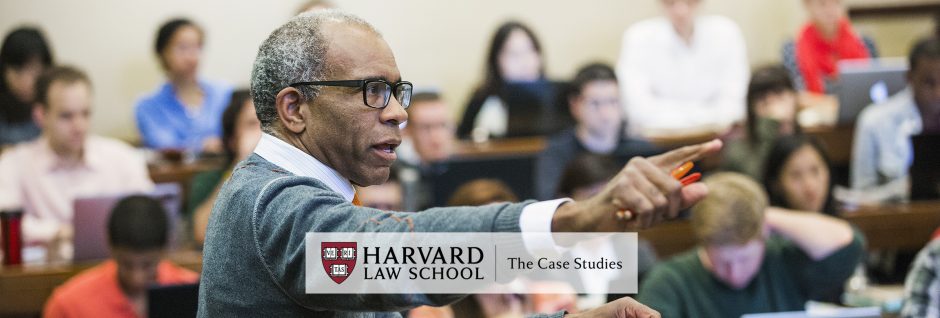Product: From Sony to SOPA: The Technology-Content Divide
A teaching note is now available for From Sony to SOPA: The Technology-Content Divide, a classic Problem Solving Workshop background note about tensions in intellectual property law.
With the Stop Online Piracy Act (SOPA) in 2011, the conflict between copyright holders, technology producers, and legislative enforcers boiled over. SOPA was designed to increase federal powers to curb online copyright infringement. The Act proposed that Internet Service Providers shut down domain names with infringing content, that search engines not link to infringing content, and that businesses not transact with infringing sites. The Act would also make unauthorized streaming illegal. However, opponents feared censorship and limitations on fair use. It was the first proposal to make sweeping restrictions on the unfettered Web, far less targeted than take-down notices.
The “Sony to SOPA” background and teaching notes set up an engaging and thoughtful debate about SOPA and intellectual property. Authored by HLS Professor Jonathan Zittrain and former HLS Professor John Palfrey, the background note surveys over twenty years of legal precedent beginning with the Sony v. Universal Studios (“Betamax”) decision. Providing a primer on peer-to-peer, torrenting, and other file sharing platforms, the background note prepares students to analyze and discuss the controversial 2011 SOPA legislation. Suggested supplemental readings include the text of SOPA and a white paper on the DNS concerns in the PROTECT IP Act (PIPA), a related bill.
As the teaching note details, the workshop is designed to take place for six hours over four days, but can be adapted to different time constraints. Participants adopt the roles of stakeholders in the SOPA legislation: general counsels at Google, the Motion Picture Association of America, and PayPal; the Electronic Frontier Foundation; Senator Ron Wyden, who led the opposition to SOPA; venture capitalists; lobbyists at the U.S. Chamber of Commerce; and DNS (Domain Name System) experts.
On Day One, the instructor guides the class in interpreting the bill, and the DNS experts present their assessment of SOPA. Stakeholder groups then draft a memorandum interpreting the bill and highlighting concerns with it. Day Two consists of a debate among the stakeholder groups, launched by those in support of SOPA. For homework, participants write longer memoranda proposing changes to the bill. Day Three involves another debate based on the memoranda, and stakeholders have the opportunity to amend their proposals in class before a final discussion. Day Four reviews the outcome of the SOPA bill and debriefs the workshop exercise. There is also opportunity to include a guest speaker on intellectual property law.
Educators, staff at non-profit institutions, and trainers can access this teaching note through HLS Case Studies. Registered members of the site can download the background note at no cost.

